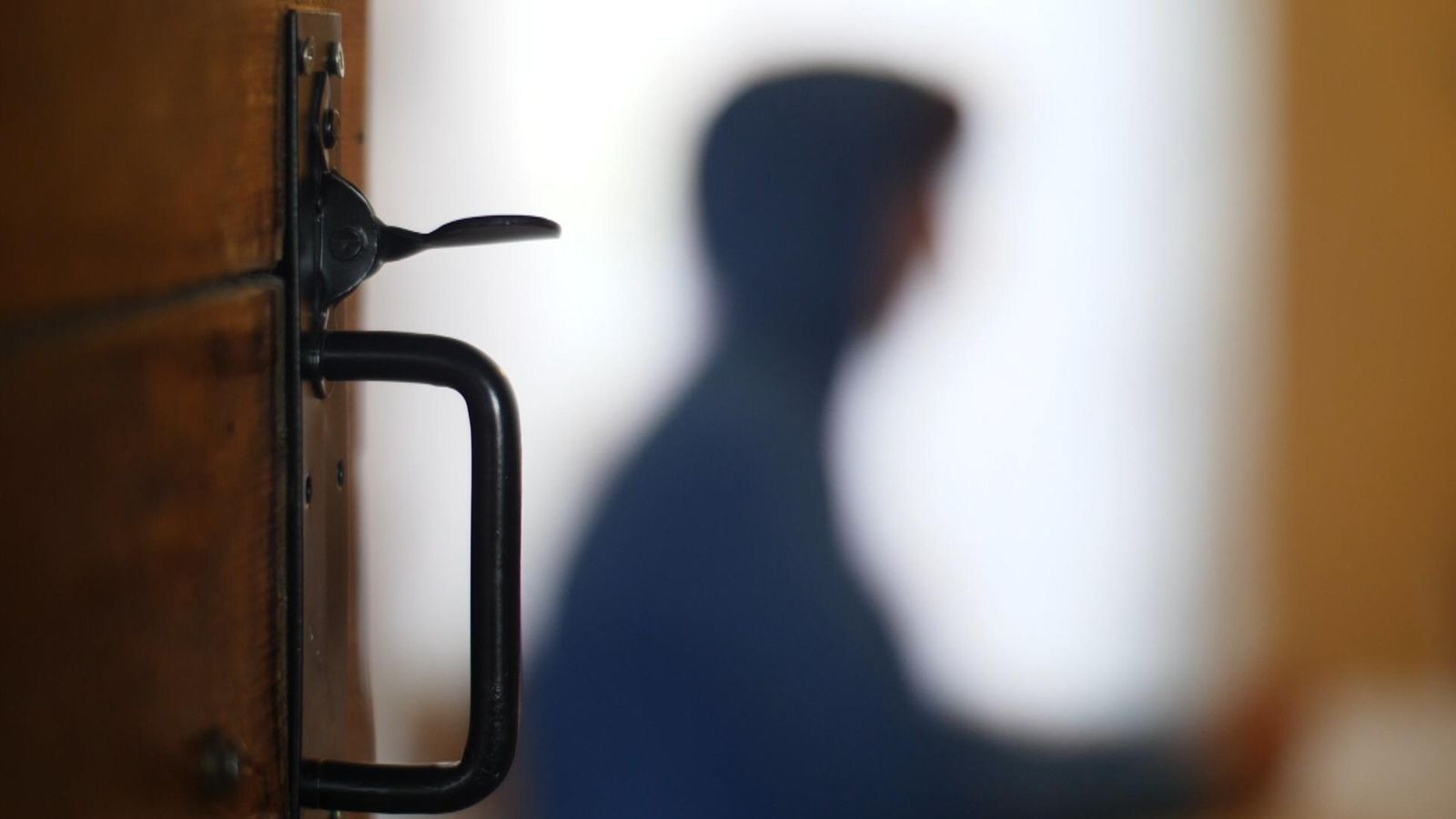Children as young as nine exposed to pornography, report warns

One in 10 children have viewed pornography by the time they are nine years old, research by the children’s commissioner for England has found.
Dame Rachel de Souza said the consumption of pornography is “widespread” among children and highlighted harmful effects, including the belief among many young people that girls “expect” physical aggression in sex.
The report published on Tuesday found that 47% of young people aged between 16 and 21 believe that girls “expect” physical aggression in sex.
Dame Rachel warned that “depictions of sexual coercion and aggression are commonplace” in online pornography as she warned that the Online Safety Bill must pass through parliament as an “urgent priority”.
The report’s findings – from a survey of 1,000 young people aged between 16 and 21 in England – include:
• Most young adults (79%) aged 18 to 21 had seen pornography involving sexual violence by the age of 18
• Many young people assume that girls expect or enjoy sex involving physical aggression, such as airway restriction and slapping
• Almost half (47%) of respondents aged between 18 and 21 said they had experienced a violent sex act
• More than a third of young adults said they had sought out violent pornography involving at least one act of sexual violence
The report’s also suggested that Twitter is the platform where the highest percentage of children had seen pornography (41%), followed by dedicated pornography sites (37%) and then Instagram (33%).
Dame Rachel said she was “deeply concerned about the normalisation of sexual violence in online pornography” and how it impacts children’s understanding of sex and relationships.
She recalled an incident where she was told by a girl who had a first kiss with her 12-year-old boyfriend that he had “strangled her” having seen it in pornography “and thought it normal”.
Advertisement
Read more:
Why the Online Safety Bill is proving so controversial
Kate Winslet says social media has ‘always’ worried her
Dame Rachel said all adults in responsible positions including politicians and parents must “take seriously the views of young people” within the report, adding that the Online Safety Bill “holds the promise” of regulating pornography sites and ensure robust age verification.
Richard Collard, NSPCC associate head of child safety online policy, called for “strong measures” in the bill and said Ofcom should be given powers to set minimum standards “which ensure the rollout of robust age assurance measures on platforms where pornographic material can be viewed”.

